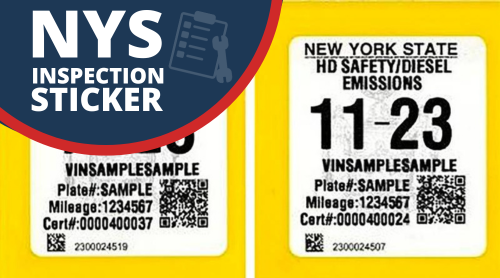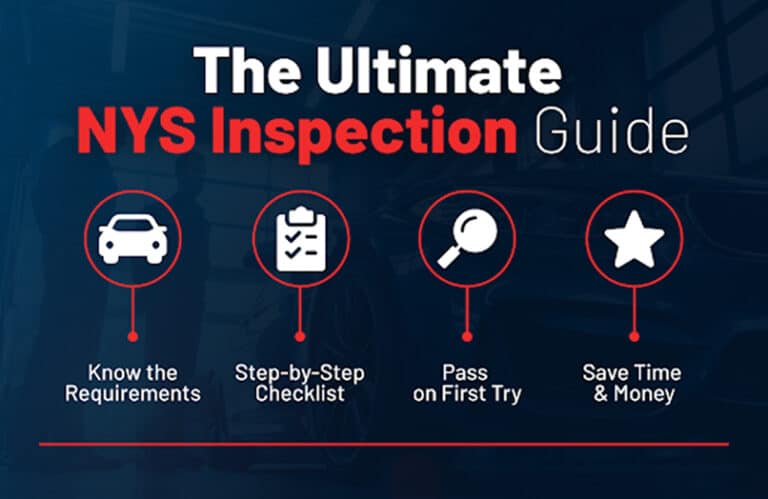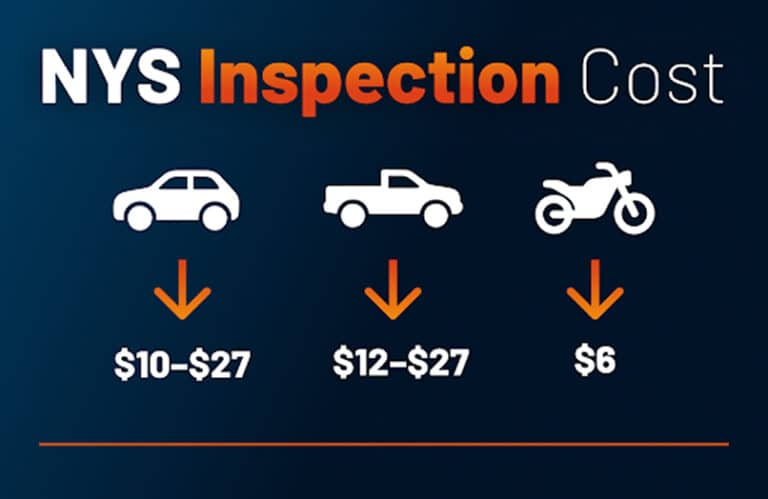Care to know more about tractor maintenance?
Tractors might not be as flashy as other vehicles but they are one of the most important tools a farmer could own. They offer you the traction you need to mechanize and optimize your agricultural needs.
Heavy-duty to boot, you must put in the proper efforts to maintain your tractor. Easily recognizable by their massive size and monster tires, it’s not a common sight to see a tractor being towed down the road or packed at an auto repair shop. This proves that tractor repairs can be quite a bit of a handful.
You’re better off avoiding the issues in the first place. Regular and thorough maintenance/inspection of your tractor’s components ensures any issues are caught on time and prevented.
How do you maintain a tractor?
Here's What You Need to Know On How to Maintain a Tractor
There are two major states your tractor could be in. First, it could be farming season when you have to use it daily, sometimes round-the-clock.
Of course, the treatment you’d give it then would be somewhat different from when the season is over and you’re done actively planting. You can’t just cover it and say goodbye till the next planting season.
Regardless of which season it is, the bottom line is, your tractor needs proper maintenance and care.

DAILY MAINTENANCE
Use your senses
More than just a cursory glance, give your tractor a thorough visual inspection. Walk around all sides and check for oil leaks, dents, loose bolts, flat tires, and such.
Also, use your nose here. While the smell of manure or fertilizer might dominate, use your nose to check for burning smells. Ensure you check the level of the engine oil, hydraulic oil, and coolant.
Some TLC…tender lubing care
As we said above, check the tractor fluid levels. These fluids – engine oil, hydraulic oil, and coolant – are important in the function of a tractor. Without adequate levels of the oils or coolant, your tractor will have a rough ride and quite possibly overheat.
Also, a well-lubricated tractor makes for a smooth farming experience. The parts move without excessive friction and are protected from rust. It is recommended to change the engine oil after the first 50 hours of using the tractor. Afterward, you can increase the timing to 100 hours after use.
Other fluids such as transmission fluid and water are also important here. Check these fluids daily, especially when the tractor is constantly in use.
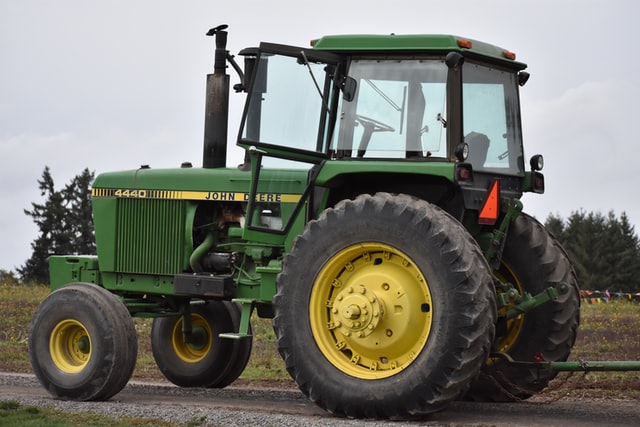
Check the fuel tank
It’s easy for contaminants to get in the fuel tank of your tractor. For various reasons, fresh and clean fuel helps the tractor runs smoothly. Take a look at the tank and be sure to top it off with fresh fuel.
Say no to wear and tear
A loose fan belt can affect the tension of the tractor. One way to check the tension is to press the longer portion of the belt with a bit of force and see how detached it becomes. A quick fix here is to tighten the alternator and bolts to provide adequate tension.
Check the tires
A tractor comes with massive tires to manage the sort of heavy-duty jobs it does. A lot of this weight is supported by the tires. A simple tire pressure check can make a huge difference in the overall functioning of your tractor.
For maximum efficiency, the tires must be in well-working conditions. Low tire pressure can increase thread wear and eventually result in increased fuel consumption. Check the air pressure and increase or reduce as needed.
SEASONAL MAINTENANCE
Most of the points mentioned above can be easily handled daily. However, when your tractor is not in use as much, the rules are a little different.
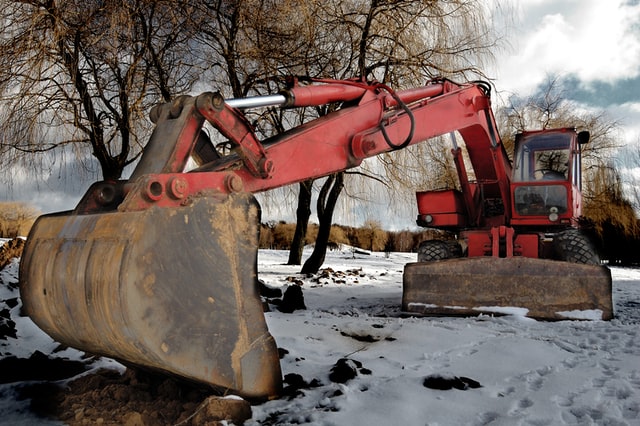
Keep it clean
Tractors do rather dirty Jobs. That doesn’t mean you should leave them dirty and grimy. Before packing it up for the winter, wash, clean, and wax it. Waxing your truck to get rid of caked dirt which could have prevented appropriate heat dissipation. After washing, grease the parts so they don’t get rusted.
Repair broken parts
If there’s any part that got damaged during the working season, now is the time to get it fixed. Even if it’s not entirely broken, note any issues you noticed during the work season and try to get them checked out now.
Fill up the tank with fuel
If water gets in your gas line, it could cause several issues. A half-empty fuel tank can trap condensation and cause water to mix with the fuel in the tank. It can also lead to the bloom of algae in the tank.
Put mouse repellant in the tractor
Most farmhouses have a rat problem. Contrary to popular opinion, rats don’t stop at cheese. They can chew through paper, fabric, and the occasional wiring. A mousetrap can help you solve this problem.
Charge the battery
The off-season is usually around winter. An undercharged battery might get frozen. Do your best to charge it before you unplug for the season.
Top off antifreeze
Another must-do for winter. While topping off, also check to be sure the freezing point is low enough.
Check the operating manual
The manufacturer knows best. Any recommendations from them on when to change oil or filters should be taken into consideration.
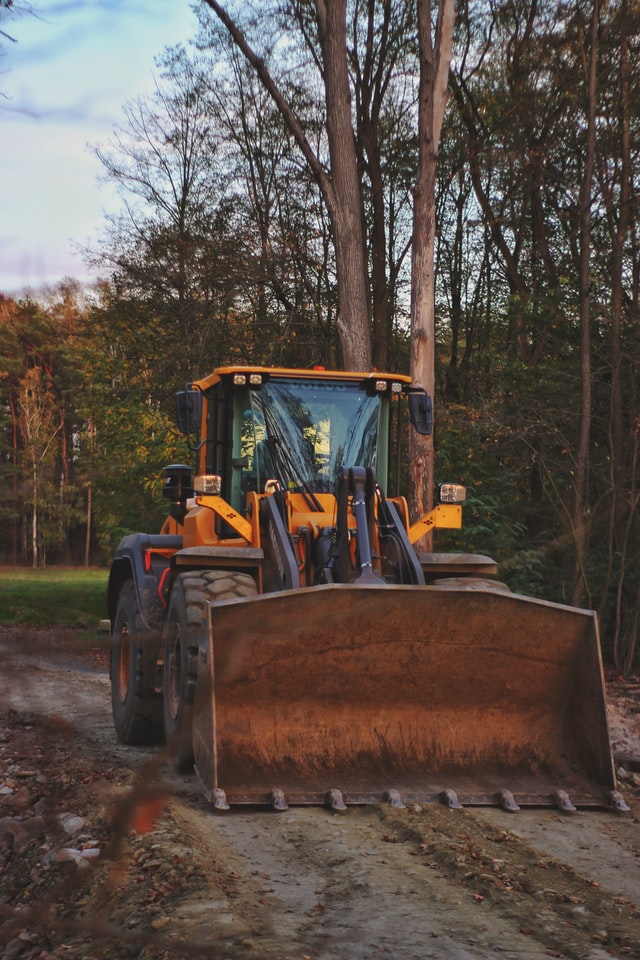
Quick Tractor Preventative Maintenance Checklist
- Regularly inspect your air filters. Clean or replace as needed. Common signs you should change your filter includes a smokier tractor or a tractor that fails to get as much power.
- Don’t neglect the fuel filters. They are also very important for the smooth running of the tractor. Replace when they are clogged with contaminants.
- Check the filters in the hydraulic system. If contaminated or clogged with hydraulic oil, the system can drastically slow down or lose power.
- Check oil levels in the tractor. Change and refill as needed.
- Check belts and hoses at least every 200 hours or yearly. They are likely to be made of rubber that might get damaged in the long run, greatly affecting the tractor.
- Check the coolant for contaminants. Flush the system and fill it with fresh coolant every two years. To be on the safe side, when you do this, go ahead and replace the thermostat.
We’ve also come up with some of the top tractor maintenance questions with quick answers. Read on!
1. How often should you service a tractor?
Annual services are your best bet to a smooth-running, hassle-free tractor.
2. What are the different parts of the tractor that needs to be maintained?
Just about every part of the tractor needs proper maintenance. Start with the battery, controls, electrical parts, safety system, tires, steering, transmission system, and of course, the engine.
3. What can go wrong with your tractor?
Numerous issues could crop up here due to the complex design and heavy-duty nature of its tasks.
Some of these include a faulty transmission system, weak performance, a jerky/rough ride, stiff joints, electrical and oil issues, clogged filters, tire issues, steering issues, and a faulty fan belt. Fortunately, adequate preventative maintenance can help you avoid getting to this stage.
Benefits of tractor maintenance –
- You enjoy a smoother performance from your tractor.
- It saves you from spending extra money and time on repairs.
- It ensures the machine is safe for use.
- It increases the lifespan of your machine and ensures the majority of this life is spent in good working condition.
The importance of adequate and regular tractor maintenance and inspection cannot be overemphasized. Your tractor does a ton of work. Literally. Take care of it and it’ll continue to take care of your farm.
Now that you’re an expert on tractor maintenance maybe you’d like to become an expert on hydraulic fluid systems…





